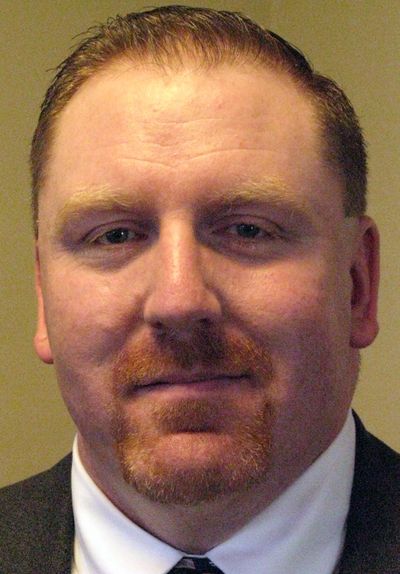Unions, businesses clash over new bill
Law would allow workers to skip some meetings

OLYMPIA – For nearly two years, Dan Joy says, his boss at a Spokane grocery store badgered him and other employees to go to the boss’ church.
It would, they were told, help their careers.
Joy declined, over and over. He said his boss finally mocked him as just “a trinket-worshipping Catholic.”
Shortly after that, he says, he was fired over an unsubstantiated customer complaint from one of the boss’ fellow church members.
In what’s shaping up to be one of the biggest battles between organized labor and business in the statehouse this year, lawmakers are considering making it illegal to require workers to attend mandatory meetings if the topics are unionization, politics, religion or charitable donations.
Companies would still be free to hold the meetings. But they could no longer require employees to attend. If they try, workers could sue.
“It allows workers the right to choose not to listen to or participate in unwanted communication with their employer on issues of individual conscience,” said Rick Bender, president of the 500-local Washington State Labor Council.
Voting, donating to a charity, practicing one’s faith and joining a union “are all private decisions,” he said, and employers shouldn’t be allowed to compel workers to listen to pitches on those topics. Without such protection, Bender said, many employees dare not challenge the practice.
“What worker can afford to lose their job, particularly today?” he said.
The bill drew a standing-room-only crowd in Olympia Tuesday, with workers and company officials spilling into the hallway outside a hearing room.
Kris Tefft, general counsel for the Association of Washington Business, called the proposal “clearly the most divisive, controversial bill that this committee has heard in probably a decade.”
Business leaders say such meetings are critical to counter peer pressure during unionization drives. Boeing lawyer Joan Clark noted that under federal law a company’s speeches about unionization cannot be “coercive.” Court rulings have said that company officials cannot threaten retaliation, for example. And such meetings cannot be held within 24 hours of a union election.
Washington would be the first state to pass such a bill, Tefft said. He warned that it would likely send an anti-business message to companies thinking about expanding or moving to the state.
“I don’t coerce my employees. I bake them cookies every day,” said Cyndi Noski, who owns a small grocery store in Olympia. It’s not right, she said, to elevate unionization “on the same pedestal” as free-speech staples like religion and politics.
Business lawyers maintain that the proposal is an unconstitutional infringement on the free-speech rights of employers. Labor unions counter that company officials could still hold such meetings, just not make them mandatory.
“The speaker speaks,” said Sen. Karen Keiser, D-Des Moines. “You don’t have to listen.”